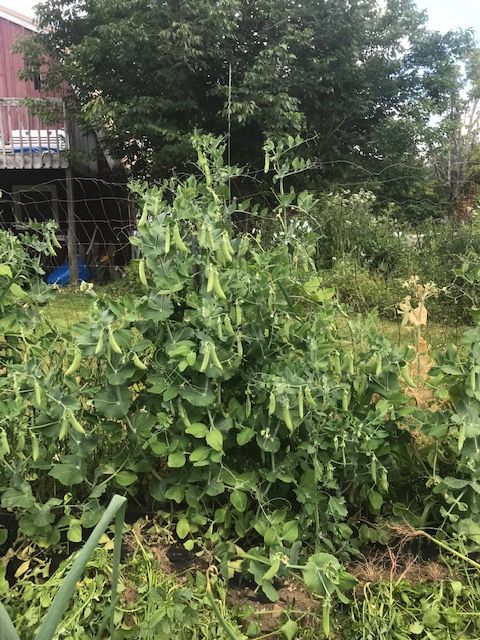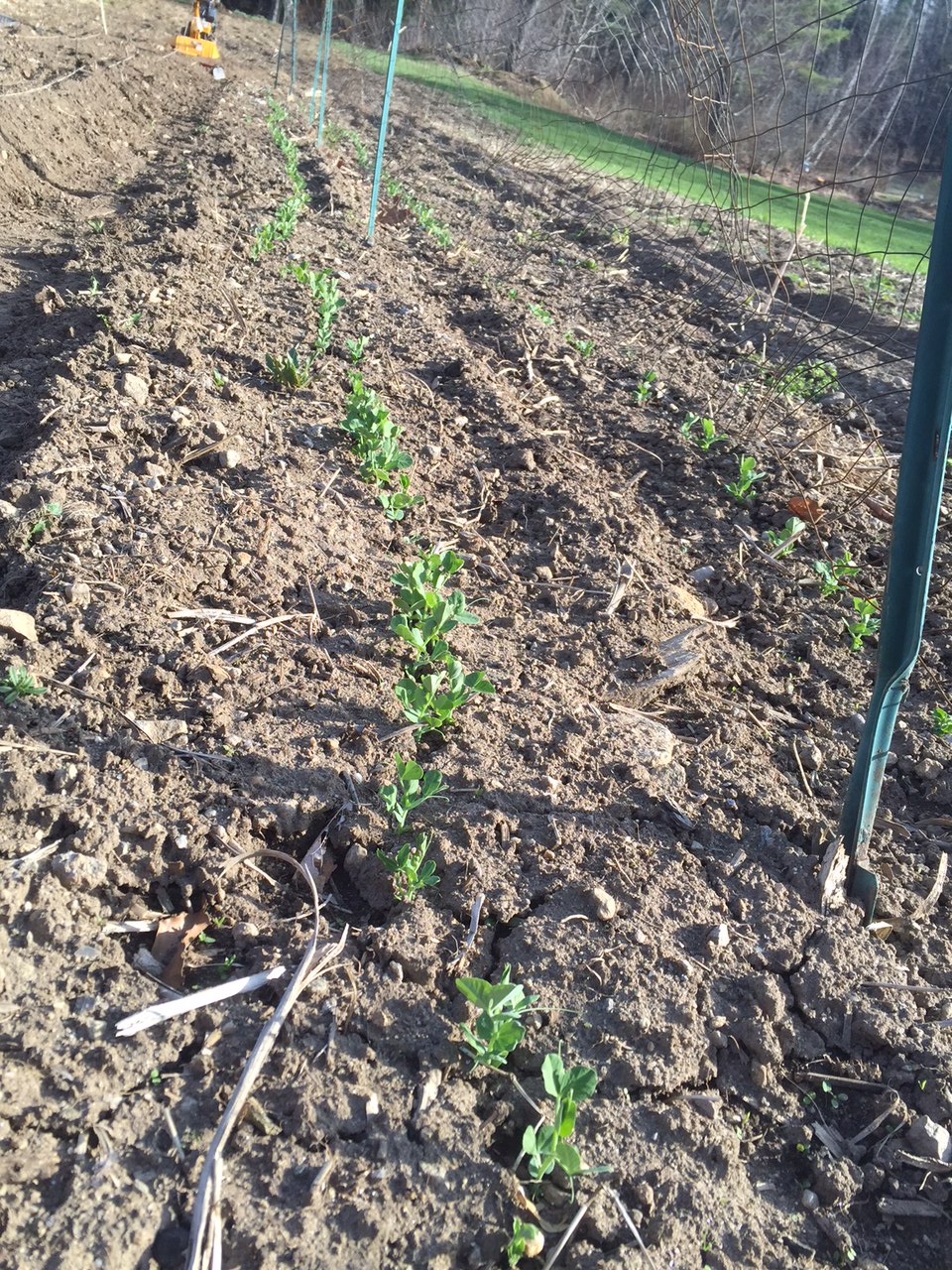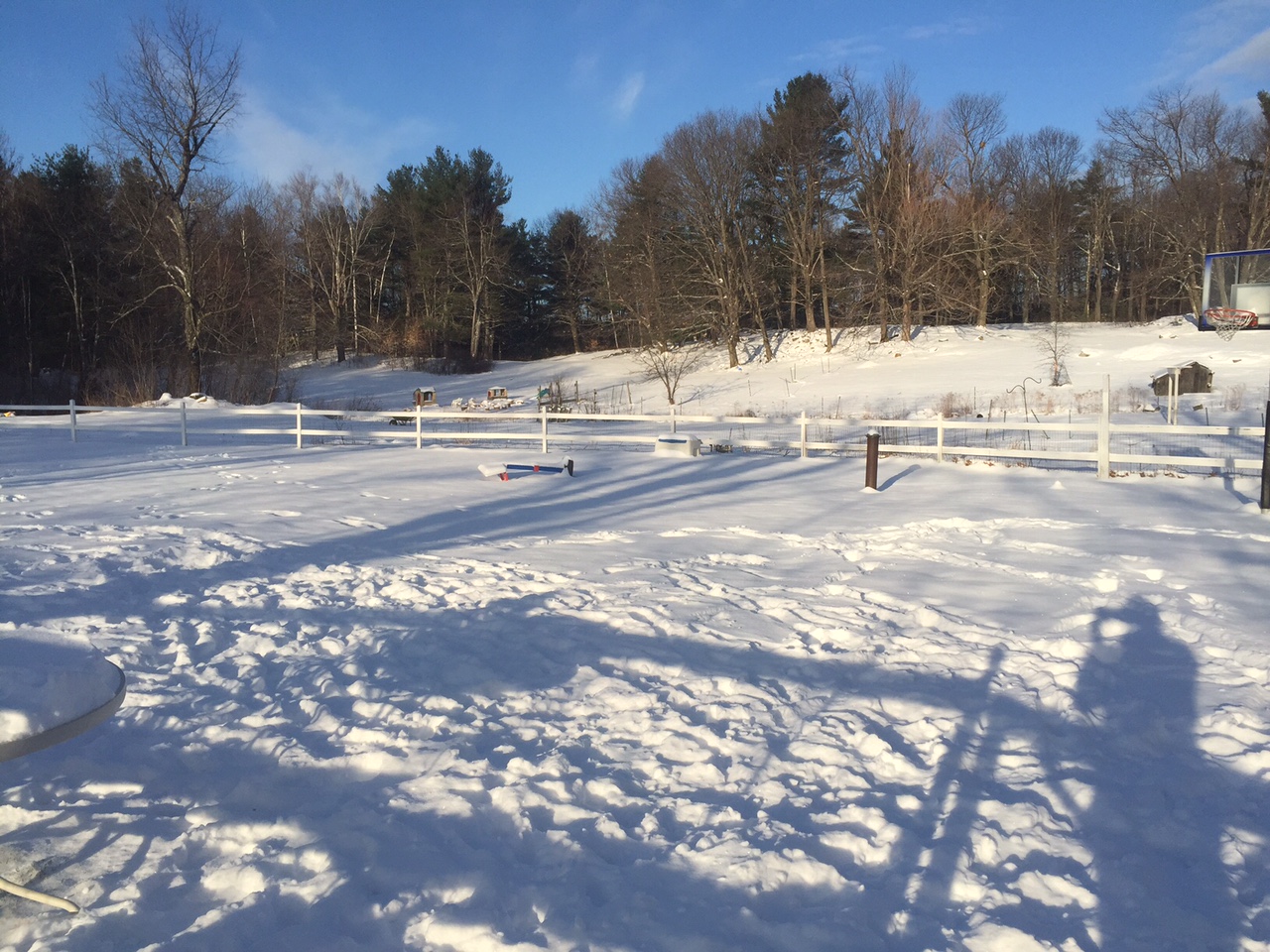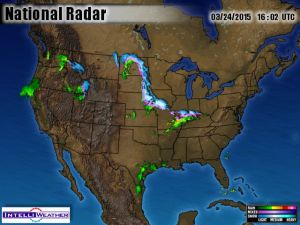As nations such as Shri Lanka run out of money and their people are told they can’t buy fuel or fertilizer, it seems events are teetering towards situations where the blunders of a few elites can bring about the misery of millions.
The government of Shri Lanka was hard hit by the covid fraud, for the cessation of tourism robbed the nation of much of its income, even as it still had to pay its expenses. As a small nation, its income besides tourism was largely “exports”, as its expenses were largely “imports”. The problem it faced is obvious when you see both their top export and top import was “Mineral fuels including oil”. They exported $695.2 million, which seems like a goodly amount, until you see they imported $2.1 billion, or three times as much.
The doings of a distant island caught my attention because I’m interested in organic fertilizers, and their government decided they could balance their budget a little by stopping the import of chemical fertilizers, and instead using locally-produced organic products. Didn’t work. Maybe they merely didn’t do the substitution corectly, but switching to organic fertilizers resulted in reduced crops, reducing the rice crop which feds the people, and also harming two major exports, namely cereal crops, ($241.4 million), and cotton ($232.8 million). In any case the nation wound up flat broke, and so deeply in debt no one would loan them any further funds.
This demonstrates two things.
First, it demonstrates that the well-meaning ideas of the elite can be badly researched and poorly thought-out, whether they be cancelling tourism or shifting to organic fertilizer. Hunger and the inability to buy gasoline, for millions of the unwashed masses, might not bother the elite, but when those millions stormed into the elite palace of the leader, and they swam in his private pool, the millions got the elite’s attention.

Second, rioting about a problem does not solve the problem. One prays to God to raise up new leaders who are more able to avoid simplistic solutions and who are more able to face the intricate details of complex issues. In the meantime, millions will continue to face the consequences of allowing simpletons to rule.
In the Netherlands the Dutch elite came up with an idealistic plan to reduce problems caused by the nitrogen in fertilizer by simply banning it. Didn’t work. In fact, it was a step too far, for the farmers (who would be bankrupted) immediately rioted, joined by a surprising number of non-farmers. The seriousness of the situation seems underscored by the fact the elite-ruled mainstream media seems determined to ignore the story, or else to fact-check it away.

Again, we see the consequences of allowing people, who feel they are elite and born to govern, invent rules which are bound to create suffering for millions. The millions rise up and say simpletons can’t be allowed to rule them.
Even the price of chocolate candy bars seems to hint at troubles for farmers in faraway Ghana. A candy bar that cost five cents in my boyhood is up to over two dollars, but the increase has not worked down to the farmers of the cocoa. (In this case the simpletons seem to be greedy middlemen).
As the United States is currently ruled by a simpleton, and as one consequence of his misguided energy policies may be famine, I decided maybe I should be more serious about making my garden productive this year. You’d be surprised at how intricate the details of gardening get, even on the small scale of my garden. I have seen I am just as capable of bad judgement as the leaders of Shri Lanka or the Netherlands.
For example, to fight high energy prices I burned a lot of wood last winter. This produced lots of wood ashes. I had heard wood ashes are good fertilizer, so I spread the ashes in my garden. Mistake. Ashes make the soil alkaline, and if the soil is too alkaline some plants are stunted, with leaves that are yellow rather than green. So, I am now conducting experiments involving turning alkaline soil acidic, (“souring” “sweetened” soil), right in the middle of a growing season. This is work which would be unnecessary if only I had gotten things right in the first place.
Considering I am past my prime, I am not fond of unnecessary work. I’m slow enough just doing the necessary. And what really irks me is when it becomes necessary to do work which I never saw coming.
For example, a drought. Last year was so rainy my potatoes rotted, but this year nearly every rain shower or thunderstorm misses us. (In other words, I never saw this coming because it didn’t come). The drought is particularly aggravating when I must water when I should be weeding, for I am watering the weeds.
Also, I had to divert my already-low levels of energy to building fences, for first my chickens and then my lone goat invaded my garden in unhelpful ways. I hate fences. But then, when I thought I had my own beasts corralled, I nearly turned my goat to goat-burger when I saw hoofprints down a row of beans and carrots, with all the plants neatly clipped to stubs. I swore softly and tried to figure out how the beast was getting past my new fence. But then I noticed that besides the goat-sized hoofprints there was a set of tiny hoofprints. Dawn broke on Marblehead. It wasn’t my goat. It was a doe and her fawn.
Oddy, the sight of those tiny prints quelled my anger. How can you get mad at Bambi? At the same time, I recognized the fact I wasn’t angry was likely because I wasn’t hungry. If I was hungry my tolerance would fade. In besieged cities famished citizens have eaten their children, if history can be believed, so maybe I could eat even a cute little Bambi. And maybe venison would supply more protein than beans and carrots. But I went to work putting up more fences, all the same. They were low and flimsy, but I figured a doe wouldn’t jump over them, if she had to leave her fawn behind.
(I hope you are noticing this situation is becoming more complex than one would imagine, when first planting some carrots and beans. Are you gardening vegetables, or venison?)
My garden also had successes, involving benefits brought by the cool weather, and also the fact watering is a job even an old man can do. I like standing about and spraying with a hose, and the deer and her fawn apparently were not fond of peas and lettuce. Those crops prospered. My crop of edible podded peas was especially bountiful, considering the fact not far away the parched lawn sounded crisp when you walked on the grass.

So, I had far more lettuce and peas than I could use, and I decided a good way to defy the government-created inflation was to lower my prices rather than raising them. I lowered prices to zero and had good fun being a philanthropist, giving away lettuce and crunchy, juicy, sweet edible podded peas for free. (Hopefully this rebellious behavior topples the government, or at least slightly decreases inflation.)
As I fought my little war with weeds and deer and potato bugs and drought and the government, I gained a small victory by allowing a certain small patch of weeds to thrive by my peas. (The weed was lamb’s quarters, which is easier to grow than spinach and tastes better, so it is hard to call it a weed,) however this particular patch was infested with aphids. Aphids are the favorite food of ladybugs. I caught every ladybug, (of at least eight different species), that I saw in my garden and brought them to my weeds. To my delight soon there were ladybug larvae on the lamb’s quarters

And soon afterwards not only were there far fewer aphids on those lamb quarters, but there were also fewer potato bug larvae eating my potatoes. Not that there were thousands of ladybugs swarming my garden, but they were around, and had their effect.

There were also other predators, including some small wasp which apparently likes potato bug larvae. I can’t claim to be intentionally breeding such wasps, but maybe I accidentally did so last year, when I allowed potato bugs to get out of hand. The wasp prospered last year, and that means this year they are all over the place, and a potato bug larva often may shrivel due to eggs the wasp laid in its back. In any case, as I walk down my lush row of well-watered potatoes, I’m surprised by how much less time I must spend picking potato bugs from the leaves. In fact I may even get a decent crop. I also have more time to spend weeding and watering other crops.
I bring this up to show that not all ideas involving being “organic” are stupid. I prefer to label myself a “conservationist” rather than an “environmentalist”. The difference being: I get my hands dirty while environmentalists live in ivory towers far from the dirt. I prefer to suffer and learn from my own mistakes, while their mistakes cause millions to suffer, and they only learn by being chased down the street by a howling mob.
The potato patch may well be a small victory, especially if the supply shrinks and the demand grows, and potatoes are in short supply by December. God wiling, I’ll have some big ones to give away for Christmas.
You can’t win them all, and my popcorn patch is a battle I may lose. Corn needs lots of water and is a heavy feeder, but does not like being fed wood ashes at all. The drought prevented the wood ashes from being diluted, and in places the soil was so caustic it burnt the corn at the base. So besides losing some seedlings to cutworms I killed some with my care. What a dope I can be! However, I won’t go down to complete defeat without a fight.
My counterattack was to replant, making sure to dilute the soil, and even including some dilute vinegar to counteract the wood ashes. This created new problems, for when you focus on watering you neglect weeding, and the weeds loved how I had soured the overly sweetened soil. Not that I neglected weeding right by the corn seedlings, but the rows of corn were like alleys between skyscrapers of weeds.

With the weeds becoming such a problem, I had to shift away from watering, yet as I weeded, I was amazed by the roots of the weeds. They formed a thick mesh just below the surface, rather than diving deep to find water in a drought. The weeds did this because their way to find water in a drought was to exploit my watering, and to grab the water at the surface before it could get down to the roots of my corn. These crafty weeds had to go!

With the help of a member of my childcare staff I not only weeded the corn, but raked up grass after mowing and used it to heavily mulch the row, to prevent new weeds. Take that, you suckers!

But solutions create new problems. As corn and grass are closely related, you might think a mulch of rotting grass would release nutrients that corn needs. Wrong. The exact opposite occurs, for the intermediate step, wherein the clippings rot, requires nitrogen the corn also requires. Therefore, you must fertilize not only the corn but also the clippings with a high nitrogen fertilizer.
At this point my eyes strayed to my chicken coop. Chicken manure is so high in nitrogen that you usually have to let it rot for a year and be rinsed of some of its potency, or it will kill plants with kindness. Also, it usually is a disgusting swill that splashes like brown paint when you clean the coop. This year, due to the drought, it was crumbly powder. For that reason alone, it seemed a good time to clean the coop. Also, it seemed that, if I sprinkled this powder well away from the corn, to avoid burning the corn, I could fertilize both the decomposition of grass and the corn. Lastly, I again watered the mulch-concoction with highly diluted vinegar to sour the sweetened soil.
Hmm. My garden sounds more and more like the test tubes of a mad scientist rather than anything remotely “organic”. Also, it would not surprise me much if my chemistry killed my corn. Yet maybe, just maybe, we will witness a late season rally, and the comeback of an underdog, and I will harvest some popcorn, which is easy to store for the winter, as you need only to convince your wife to make the dried ears a pretty ornament she hangs on her walls as fall decor.
I belabor you with all this to demonstrate how even an old-timer like myself is still learning, and how a garden is not a completed thing but rather a work in progress. I am constantly running up against new problems, and consulting other small gardeners for their ideas, seeking solutions. In like manner, if you want to formulate a sane government policy you need to gather many such minds, so you know of many solutions, and also of many problems that solutions reveal. It is through sifting through many ideas that a government can come up with a route, (or perhaps ten routes) to try, and these routes are only trials. If you want to formulate an insane government policy you walk into a situation certain you already know the answer, and you order wise people, who know better, about.
Oddly, this brings me back to the doe and fawn chowing down in my garden. This is seen as a bad thing by some globalists, for they (in Africa) apparently feel “bush game” allows “indigenous” populations to eat even when their gardens are taken away, when they should be forced to move from their homelands to allow for some monoculture which elitists feel is wise. For example: planting oil palms which are supposed to replace oil wells. Such policy is reminiscent of the clearances of Highlands in Scotland in the early 1800’s, because sheep seemed more profitable than people. In the short-term sheep indeed were more profitable than people, but such policy seemed less smart at the start of the Crimean War, when soldiers were needed. The Highlanders had been the best fighters, yet few were now available, and sheep were a lousy replacement.
It follows that one aspect of a monoculture of oil palms is that it wrecks both the natural and social environment. It not only drives away the “bush game”, it also drives away the “indigenous” people. Yet the elite investors growing square miles of oil palms insist they do so because they love the environment. They destroy an environment that once held five native villages, twenty species of native animals, and 200 native plants, because oil palms are better “for the environment” than fossil fuels. Such madness is why I refuse to call myself an “environmentalist”, and prefer “conservationist”. (It should be noted that some who invested in oil palms only did so to walk away with buckets of money from subsidies, and cared not one hoot about either society or ecology.)
In any case, I figure I’m an “indigenous” sort of fellow. My family has lived in these parts for four hundred years. So that makes the deer munching my carrots and beans my “bush game”. And together we represent riffraff the highly educated elite will wish removed so they can establish a National Park “for the foxes” (IE: because they want to go fox hunting.) (I have noticed the elite never say they do anything “for themselves.” If it isn’t “for the environment” it’s “for the children”. They see themselves as altruistic. That is why they are so puzzled when they’re chased down the street by a howling mob.)
Now, as an “indigenous” person one characteristic I should have is a nigh mystical closeness with nature. Not that I notice it all that much, but I do know the correct facial expressions. I used to hang out with the Navajo, and they showed me how to act when the tourists were about. And that is what elitists are: Tourists on their own planet. However, when no elitists are around, what should I do?
I decided I should have a talk with the deer, and an opportunity presented itself when I weeded late into the twilight, one evening, past the time the deer thought I should have gone home.

When I popped my head up in the corn patch and began talking, the doe did not seem surprised, and just listened to me rant.
I ranted on at great length about how, if the deer persisted on eating my garden, I would feel justified to eat them. After all, if I fed them all summer, they should feed me all winter. The doe did not seem the slightest bit offended, and stood listening. But then I noticed something, and said, “Hey! Where is your fawn?” Only then did the doe turn and walk away.

I then did what indigenous people do, which is to act as if family and community are real things. The elite, who seemingly know only divorce and abortion, are somewhat mystified by such earthy behavior, but all it boils down to is “comparing notes”. In the process of ordinary chitchat, the subject of deer was raised, and I swiftly learned of two events.
First, an animal lover had, to their own great dismay, struck and killed a fawn with their vehicle on a highway a third of a mile from my farm, two nights before. Second, that same night, and the following night, a lady who lived a half mile away had let her dog out to pee before going to bed, and the dog had walked out into a spotlight-lit lawn and been met by a doe who came out of the woods. The dog was young, skinny, had short, reddish-brown fur, and was roughly the same size as a fawn. As the woman watched amazed the doe and dog pranced and frolicked together for fifteen minutes, before they called it quits, and the dog came in for bed. That this happened one time seemed odd, but the second time it happened made it all the more bizarre. Was the doe in need of a foster child?
Now, if you are of the elite, I’m sure you will recognize the above tale as one of those quaint but fictitious creations regurgitated by primitive peoples. However, if you are afflicted by indigenousness, it is just one of those relationships you notice, like the ladybug’s relationship with healthy plants in the garden. Just as you don’t call the doings of ladybugs fictitious, you don’t call the doings of deer and dogs fictitious either.
Nor does the story stop there. Just as fawns can be struck by cars, leaving does aggrieved, does can be struck by cars, leaving fawns orphaned.
A child arrived at our childcare and described how she had seen two men hoisting “road kill” into the back of their pickup truck only a quarter mile from my garden. (Why waste the meat?) My initial (and unspoken) thought was that the poor doe who had lost her fawn had followed her fawn into death. But later that same day a fawn without a mother startled the children as they hiked, by bolting across their path, at my Childcare.

This would suggest that, within the proximity of my garden, was a doe missing a fawn, and a fawn missing a doe. Apparently, this cruel modern world causes broken homes among deer as well as humans. The question then becomes, is there any social worker in nature who can unite the lonely-heart doe with the lonely-heart fawn?
Heck if I know. All I know is that, with all this drama going on, they stayed the heck out of my garden. Not that it will last. The children rushed up to me today with the news they had seen a doe with not one, but two, fawns, just across the pasture from my garden. I sense an imminent threat.
What is the threat? Is it that the doe will bring her two fawns into my garden to browse? Or is that the elite will step in to help?
Judging from prior behavior, the elite response to the situation will favor deer over farmers. They will ban automobiles, for killing a fawn and a doe. They will not ban deer, for wrecking my carrots and beans.
Me? Well, I may work a bit more on my fences, though I hate fences. Putting them up is hard work, and I’m too old for blisters on my palms, but will likely suffer a few more. But a few more blisters before I die seems worth it, if I avoid banning deer and banning automobiles, while getting the job of growing my carrots and beans done.
Elitists? Isn’t it odd how, when they erect their fences, they never get blisters on their palms? All they get is chased down streets by howling mobs.





















